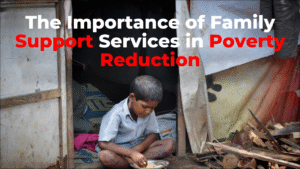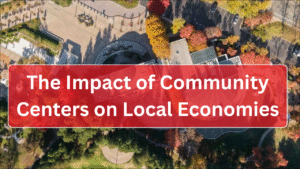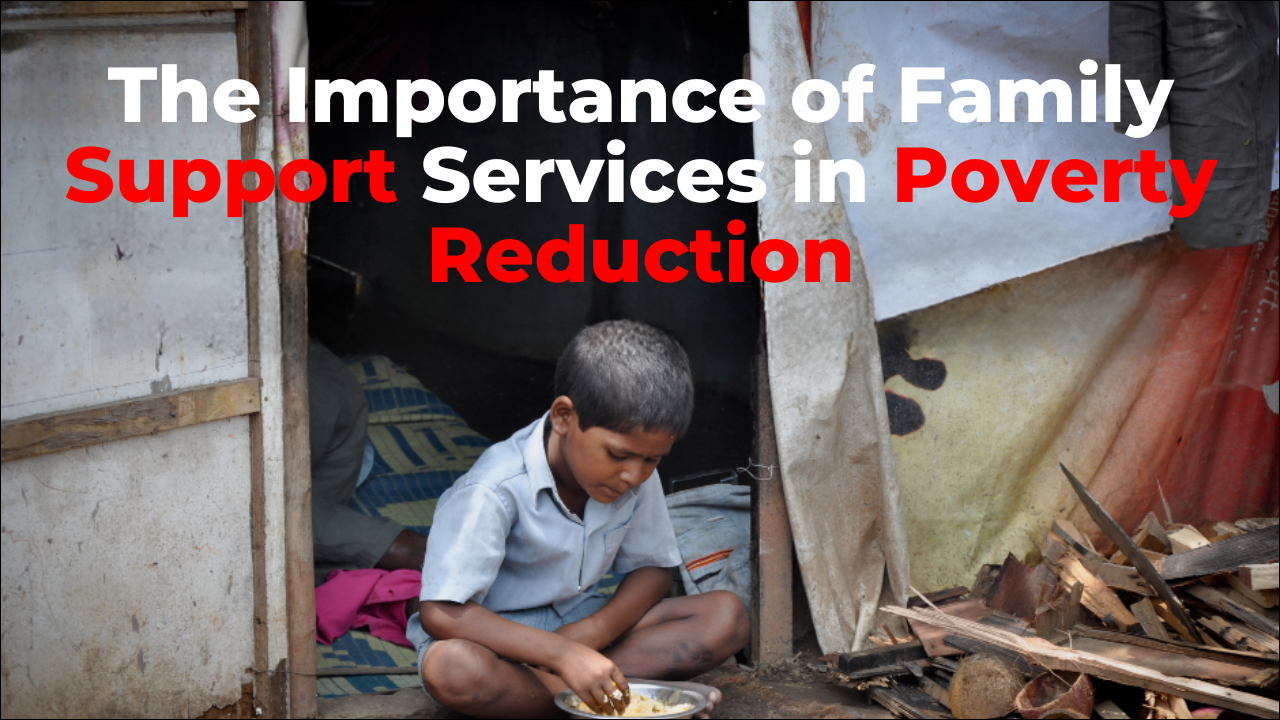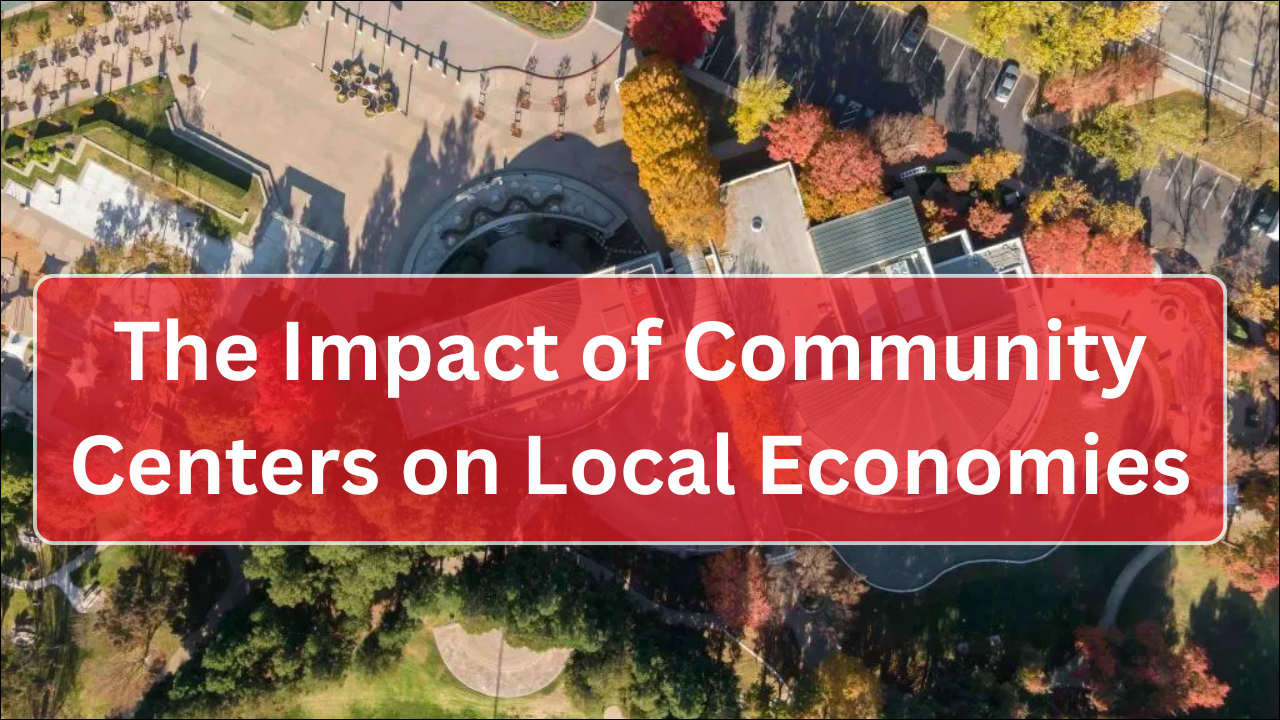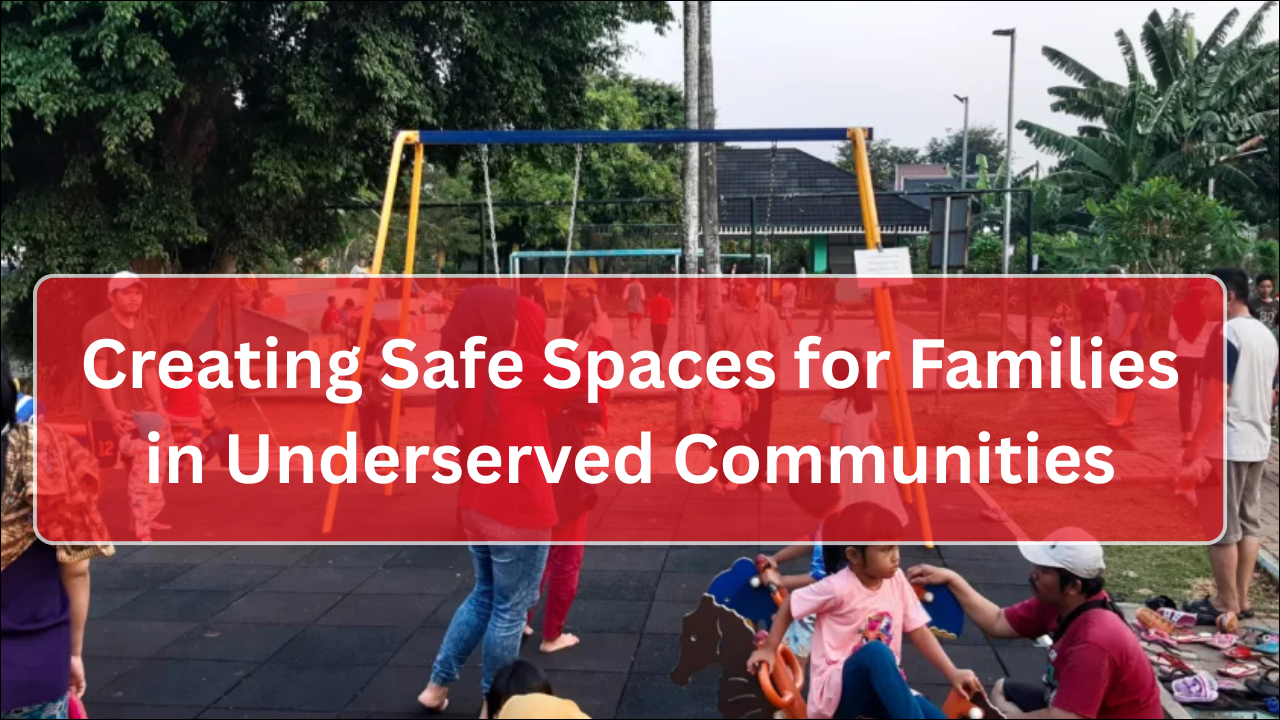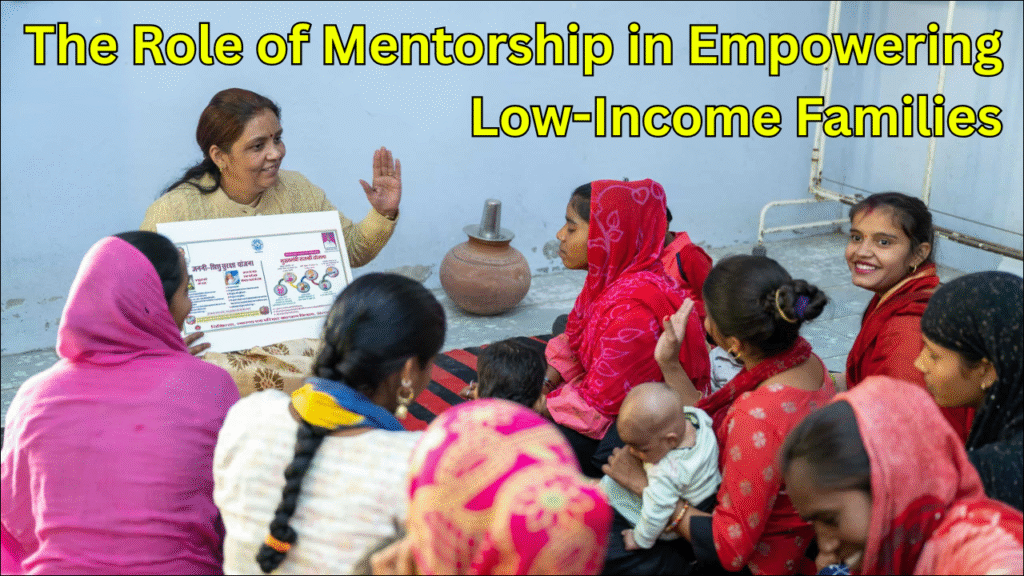
Mentorship is a powerful tool for empowering low-income families, providing guidance, support, and resources to navigate challenges and achieve long-term stability. Mentors act as role models, advisors, and advocates, helping families access educational, financial, and social opportunities that might otherwise be out of reach. Organizations like The Hope Center for Families in Northwest Dayton leverage mentorship programs to foster resilience, enhance skills, and create pathways toward economic, educational, and personal growth. By connecting experienced mentors with families, communities can break cycles of poverty and create lasting positive impact.
Table of Contents
1. Understanding the Importance of Mentorship
Mentorship provides individualized support and guidance that complements formal services.
- Mentors help families navigate education, employment, and social systems.
- Role modeling teaches problem-solving, goal-setting, and resilience.
- Mentorship builds confidence and self-efficacy among parents and children.
- Long-term relationships with mentors create trust and stability within families.
2. Key Areas of Mentorship Focus
Mentorship programs address multiple areas critical to family empowerment.
- Educational Guidance: Supporting children and adults in academic achievement and lifelong learning.
- Career and Workforce Development: Advising on job readiness, career paths, and skill-building.
- Financial Literacy: Teaching budgeting, saving, and long-term financial planning.
- Emotional and Social Support: Providing encouragement, coping strategies, and conflict resolution skills.
- Community Engagement: Connecting families with local resources, programs, and networks.
Mentorship Focus Areas and Family Benefits
| Focus Area | Mentor Role | Family Benefit |
|---|---|---|
| Education | Tutoring, homework support, school navigation | Improved academic performance and school readiness |
| Career Development | Job coaching, resume building, networking | Enhanced employment opportunities and income stability |
| Financial Literacy | Budget planning, credit management | Increased economic security and independence |
| Emotional Support | Counseling, guidance, motivation | Reduced stress and improved mental health |
| Community Engagement | Resource connection, event participation | Stronger social networks and access to services |
3. Mentorship for Children and Youth
Children and adolescents benefit from mentors who provide guidance, support, and encouragement.
- Academic mentoring helps improve literacy, numeracy, and study habits.
- Social-emotional mentoring fosters self-confidence, resilience, and leadership skills.
- Exposure to positive role models broadens career aspirations and life goals.
- Mentorship reduces the risk of behavioral issues and school dropout.
4. Mentorship for Parents and Caregivers
Parental mentorship strengthens family stability and creates supportive home environments.
- Guidance in parenting strategies improves communication and child-rearing skills.
- Mentors help parents navigate education, healthcare, and social service systems.
- Emotional support reduces parental stress and promotes healthy family dynamics.
- Career and financial mentorship empowers parents to achieve economic self-sufficiency.
5. Building Effective Mentorship Programs
Successful mentorship programs are structured, supportive, and goal-oriented.
- Matching: Aligning mentors and mentees based on skills, interests, and needs.
- Training: Providing mentors with guidance on communication, cultural competency, and family dynamics.
- Goal Setting: Establishing clear objectives and expectations for mentor-mentee relationships.
- Support and Monitoring: Regular check-ins and supervision ensure program quality and accountability.
- Recognition: Celebrating achievements motivates both mentors and families.
Components of an Effective Mentorship Program
| Component | Purpose | Expected Outcome |
|---|---|---|
| Mentor Matching | Compatibility in skills and interests | Stronger relationships and higher engagement |
| Training & Orientation | Equip mentors with tools and knowledge | Improved effectiveness and cultural sensitivity |
| Goal Setting | Define objectives for each family | Measurable progress in education, career, and life skills |
| Ongoing Support | Supervision and resources for mentors | Consistent and sustainable program outcomes |
| Recognition Programs | Celebrate milestones and contributions | Volunteer retention and motivation |
6. Partnerships That Enhance Mentorship Impact
Collaboration with schools, nonprofits, and healthcare providers strengthens mentorship programs.
- The Hope Center coordinates mentorship alongside educational and family support programs.
- Schools provide mentors for tutoring, career guidance, and extracurricular activities.
- Local businesses and employers offer workplace mentoring and internship opportunities.
- Healthcare providers support mental and physical wellness initiatives connected to mentorship.
7. Measuring Mentorship Outcomes
Evaluation is essential to understand the impact of mentorship on low-income families.
- Academic improvements, such as grades, literacy, and school attendance, indicate child success.
- Employment outcomes, including job placement and income growth, measure parental progress.
- Family stability is tracked through housing security, financial health, and parent-child interactions.
- Emotional and social development is assessed through behavioral improvements and self-confidence.
8. Challenges in Mentorship Programs
Programs must address obstacles to maximize effectiveness.
- Recruitment: Attracting committed mentors requires outreach and incentives.
- Consistency: Ensuring regular mentor-mentee interactions maintains program momentum.
- Training Needs: Volunteers need preparation to handle diverse family circumstances.
- Resource Limitations: Adequate funding and administrative support are essential.
- Cultural Sensitivity: Mentors must respect diverse backgrounds, languages, and experiences.
9. Strategies for Long-Term Impact
Sustainable mentorship programs create lasting change by integrating comprehensive support systems.
- Pairing mentorship with educational, career, and social programs ensures holistic empowerment.
- Long-term commitments encourage deep trust and meaningful transformation.
- Community engagement initiatives connect families to broader networks of support.
- Continuous training and feedback loops enhance program quality and adaptability.
Long-Term Benefits of Mentorship for Low-Income Families
| Area | Long-Term Outcome | Community Benefit |
|---|---|---|
| Education | Higher literacy, graduation rates | Skilled future workforce |
| Career & Financial | Stable employment, economic self-sufficiency | Reduced poverty and dependency |
| Family Stability | Improved parent-child relationships | Stronger, resilient families |
| Social & Emotional | Increased confidence and coping skills | Reduced behavioral and mental health issues |
| Community Engagement | Active participation in local programs | Enhanced civic cohesion and collective problem-solving |
Final Thoughts
Mentorship is a transformative strategy for empowering low-income families. By providing guidance, education, career support, and emotional encouragement, mentorship programs help families overcome systemic barriers and achieve stability. Organizations like The Hope Center for Families exemplify how structured, collaborative, and well-supported mentorship initiatives can create meaningful change. When children, parents, and caregivers have access to dedicated mentors, families gain the skills, confidence, and resources needed to thrive, ultimately fostering stronger, more resilient communities.

